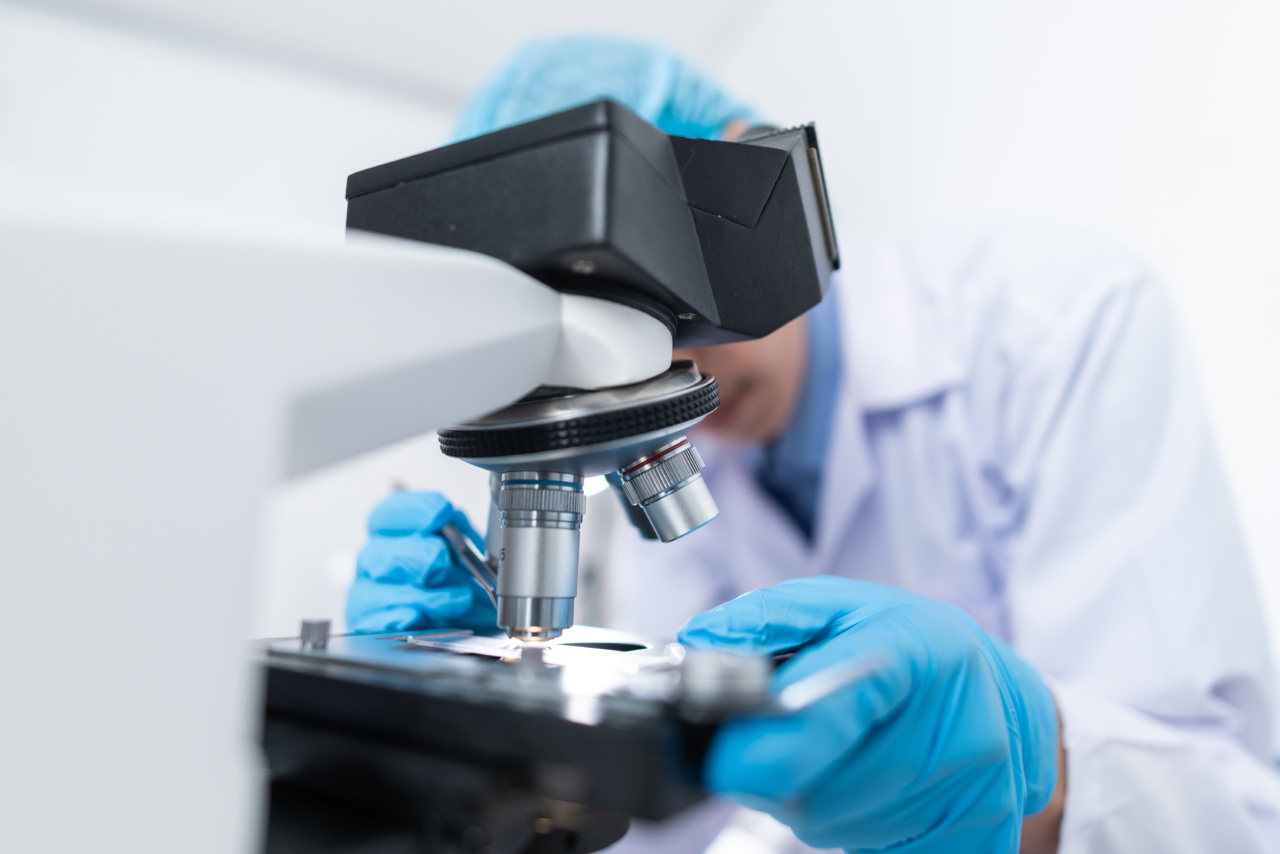Crohn’s disease and ulcerative colitis are chronic inflammatory bowel diseases that affect millions of people worldwide.
These conditions can cause severe pain, diarrhea, and other debilitating symptoms that greatly impact a person’s quality of life. While there is currently no cure for these diseases, ongoing research is revealing promising breakthroughs that could potentially change the lives of patients.
The Complexity of Crohn’s Disease and Ulcerative Colitis
Crohn’s disease and ulcerative colitis are both autoimmune diseases characterized by chronic inflammation of the gastrointestinal tract.
Crohn’s disease can affect any part of the digestive system, from the mouth to the anus, while ulcerative colitis primarily affects the colon and rectum.
The exact cause of these diseases remains unknown, but researchers believe a combination of genetic, environmental, and immunological factors play a role.
Both conditions typically present with similar symptoms, including abdominal pain, diarrhea, rectal bleeding, fatigue, and weight loss.
The Quest for Effective Treatments
Over the years, various treatment options have been developed to manage the symptoms of Crohn’s disease and ulcerative colitis.
These approaches include anti-inflammatory medications, immune system suppressors, antibiotics, and surgery in severe cases. While some patients experience long periods of remission, others continue to face significant challenges in their day-to-day lives.
As a result, researchers and scientists have been actively studying these diseases in an effort to find more effective and innovative treatments.
Recent advances in understanding the complex nature of the immune response and the gut microbiome have revealed potential breakthroughs that could revolutionize the management of Crohn’s disease and ulcerative colitis.
The Gut Microbiome: A Key Player
The gut microbiome, the collection of trillions of microorganisms residing in our intestines, has garnered significant attention in recent years.
Research has shown that a healthy gut microbiome is crucial for maintaining overall well-being, as it aids in digestion, nutrient absorption, and supports immune function.
In individuals with Crohn’s disease and ulcerative colitis, the gut microbiome is often imbalanced, with an overgrowth of harmful bacteria and a decrease in beneficial bacteria.
This dysbiosis contributes to the chronic inflammation seen in these autoimmune conditions.
A recent breakthrough study conducted by a team of scientists at a renowned research institute has shed light on the potential of manipulating the gut microbiome to treat Crohn’s disease and ulcerative colitis.
Manipulating the Gut Microbiome: A Promising Approach
The study involved a small group of participants with active Crohn’s disease and ulcerative colitis who underwent a novel treatment approach aimed at restoring a healthy gut microbiome.
The researchers devised a personalized approach by analyzing the participants’ gut microbial composition and identifying specific imbalances.
Based on these findings, the participants received a tailored treatment plan involving a combination of antibiotics, prebiotics, and probiotics.
Antibiotics were used to target and eliminate harmful bacteria, prebiotics were provided to promote the growth of beneficial bacteria, and probiotics were utilized to introduce more of the desirable microorganisms into the gut.
Following the treatment plan, participants were regularly monitored for changes in symptoms, gut microbial composition, and inflammatory markers. The results were nothing short of remarkable.
Promising Results and Improved Quality of Life
After several weeks of the personalized treatment plan, a significant improvement in symptoms was observed in the majority of participants. Abdominal pain, diarrhea, and rectal bleeding decreased, and energy levels and overall well-being increased.
More importantly, follow-up analyses showed a remarkable shift in the gut microbiome towards a healthier composition. Harmful bacteria levels were reduced, while beneficial bacteria populations flourished.
This restoration of balance in the gut microbiome created an environment less conducive to chronic inflammation, which is a hallmark of Crohn’s disease and ulcerative colitis.
Possible Implications and Future Prospects
The breakthrough discovery in manipulating the gut microbiome to treat Crohn’s disease and ulcerative colitis holds immense promise for the future of managing these debilitating diseases.
While further large-scale clinical trials are needed to validate these findings, the initial results are undeniably encouraging.
If this personalized approach proves successful on a larger scale, it could revolutionize the treatment landscape for Crohn’s disease and ulcerative colitis.
Patients may receive tailored treatment plans based on their unique gut microbiome composition, leading to more targeted and effective management.
Additinally, this breakthrough could potentially reduce the dependency on long-term medication use, minimize side effects, and improve the overall quality of life for patients living with these conditions.
Conclusion
Crohn’s disease and ulcerative colitis are complex autoimmune conditions with a considerable impact on the lives of those affected.
While there is currently no cure, recent breakthroughs in manipulating the gut microbiome present hope for more effective treatments.
The results of a groundbreaking study demonstrate that targeting and restoring a healthy gut microbiome can alleviate symptoms and reduce inflammation in individuals with Crohn’s disease and ulcerative colitis.
This personalized approach offers a glimmer of hope for millions of people worldwide.
As further research and clinical trials are conducted, the scientific community is optimistic about the potential long-term benefits of manipulating the gut microbiome for the treatment of these chronic inflammatory bowel diseases.
Although there is still much to learn, this breakthrough discovery opens the door to a new era of personalized and effective treatment options.





























